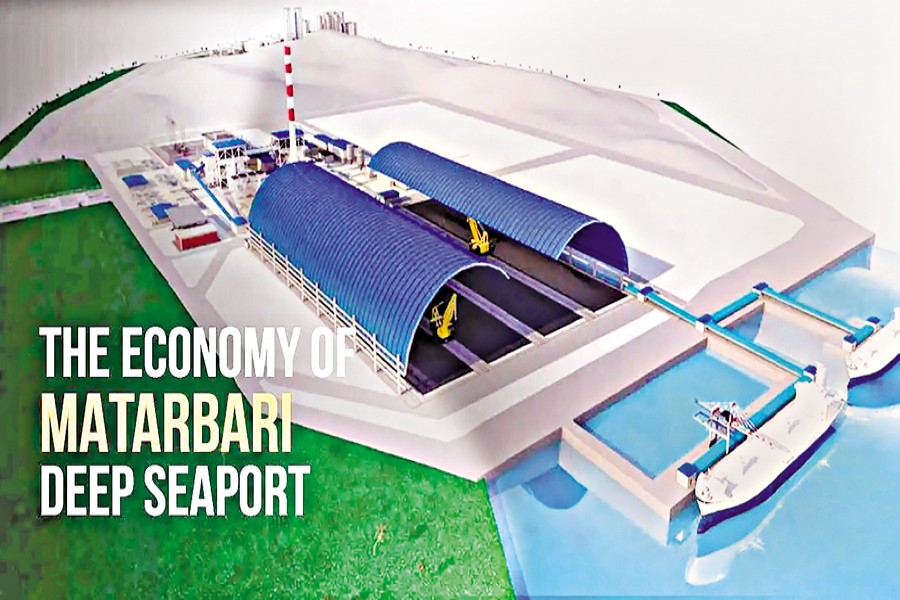- Messages
- 3,820
- Likes
- 2,043
View attachment 6186
97pc work of HSIA third terminal complete: minister
Photo: Collected
Around 97 percent construction work of the third terminal of the Hazrat Shahjalal International Airport (HSIA) has been completed, Civil Aviation Minister Faruk Khan said yesterday.
"I am satisfied with the progress ... It [the terminal] is likely to be fully operational by the end of this year or early next year," said the minister at a press briefing after visiting the terminal.
Only three percent of work, which includes calibration and testing of various systems is yet to be completed, he said.
"The work of the building has been done very well. It's beautiful. But its success depends on proper maintenance. I conveyed these to the Japanese construction company. I am very hopeful that CAAB is preparing its staff to operate the terminal in a proper manner," the minister said.
Asked about the construction of a second runway at the Dhaka airport as per the requirements of the third terminal, Faruk said, "The Instrument Landing System is being improved on the existing runway. Radars are being improved. However, we have plans for a second runway."
However, due to buildings nearby, it poses a challenge, he added.
Regarding the poor luggage handling service, he said, "Passenger handling is a big challenge for any country. Passengers think that the luggage will be handed over to them as soon as they get off the plane. It's never possible. We are trying to improve."
About the ground handling, Faruk said Biman Bangladesh Airlines, which has been enjoying a monopoly so far, will manage the ground operation under a joint venture with a reputed global service provider chosen by the Japanese consortium.
Prime Minister Sheikh Hasina made the soft launch of the third terminal on October 7 last year.
The project, involving Tk 21,300 crore, commenced on December 28, 2019.
NOT HAPPY about the fact that Biman is still involved in ground handling. Should've been given to the Japanese outright. Biman is an airline and should not be involved in ground handling at all. This was a less-than-wise political move by CAAB and the Minister to curry favor with Biman staff and mgmt.




